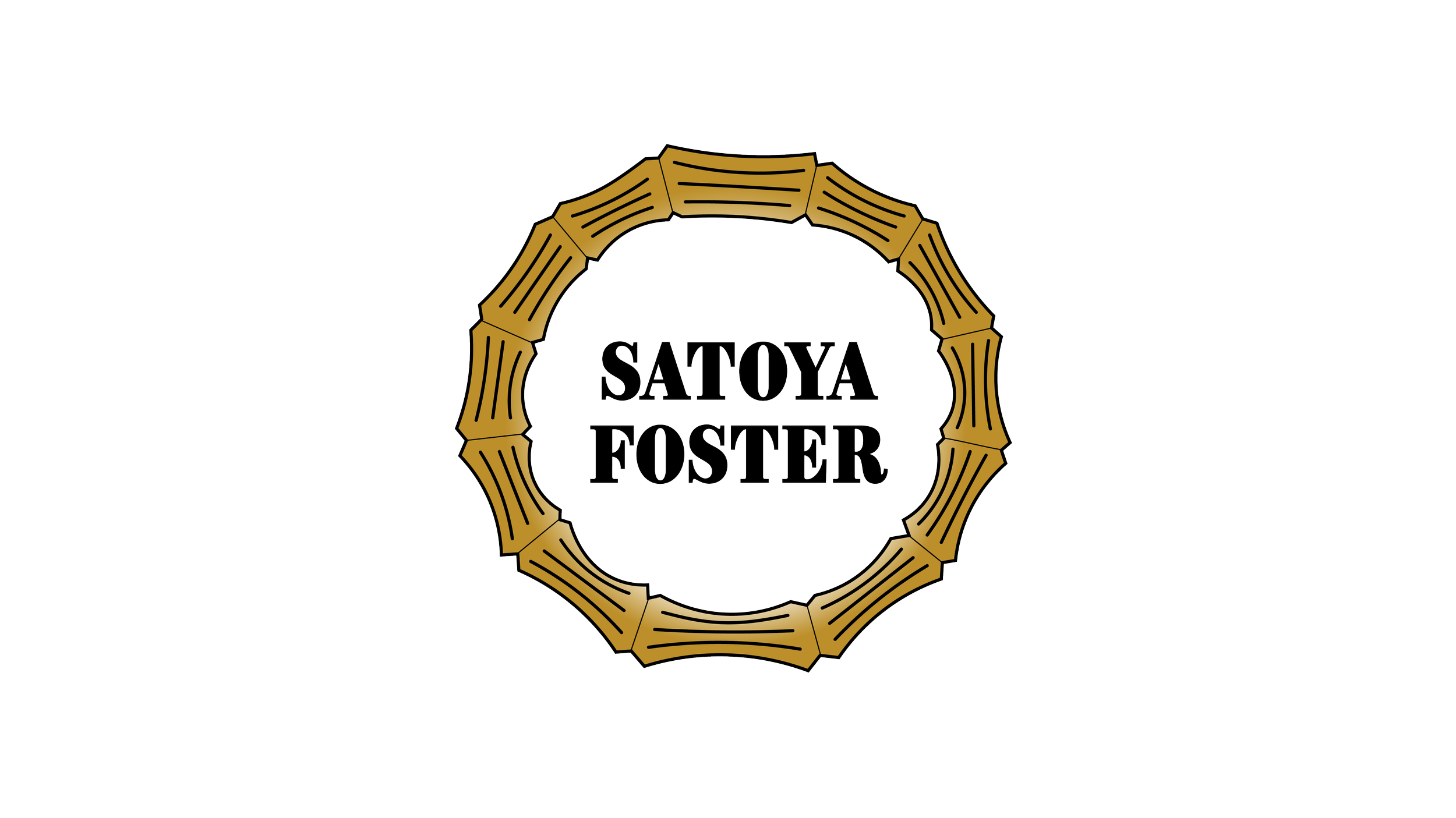FAQs
Questions about Coaching
What is Trauma Recovery Coaching?
Should I choose Therapy or Trauma Recovery Coaching?
Can I have a Therapist and a Trauma Recovery Coach?
How can Trauma Recovery Coaching help me?
What is it like to work with Satoya as your Certified Trauma Recovery Coach?
Questions about Appointments
How do I schedule an appointment?
What should I expect during my first appointment?
What is Trauma Recovery Coaching?
A Certified Trauma Recovery Coach (CTRC) is a mental health professional that is specifically trained in working with clients that have a history of trauma. Trauma Recovery Coaching is a subset of Coaching but has a strong foundation in trauma recovery that informs the work and time spent with clients.
A CTRC is basically a specialist who helps people dealing with childhood trauma or Complex PTSD. Instead of dwelling on the past, they focus on helping you with the things you're going through right now. They create a safe space where you can talk about your feelings without feeling hurt all over again.
These coaches also teach you about how trauma affects your mind and body, and they use different techniques to help you heal. They understand that everyone's journey is unique, and they set goals to help you grow and get better.
The cool thing about these coaches is that they believe you've got the power to heal within yourself. They work with you to set personal goals and keep track of your progress to make sure you're getting better.
What is Therapy?
Therapy, which can also be called counseling or talking to a mental health professional, is kind of like a long chat with a trained listener who helps you figure out and deal with stuff that's bothering you. It's not a quick fix; it takes time. You talk about things from your past that may have caused problems, like bad thoughts, behaviors, or relationship issues. The goal is to make you feel better and be more in control of your life. They might use different techniques like CBT, EMDR, or Neurofeedback to help you. It's a process of working on your past to build a brighter future where you feel better and are more stable.
Should I choose Therapy or Certified Trauma Recovery Coaching?
Well, if you're going through tough times like feeling down, anxious, or having thoughts of hurting yourself, it's a good idea to see a therapist or psychiatrist. They're the pros for that.
Now, coaching is a bit different. Coaches don't diagnose or give out meds. They're not clinically-based licensed mental health practitioners. Coaches aren't a substitute for clinical support.
Coaching is more for folks who are going through a rough patch but have a kind of stable emotional baseline. They might have worked on themselves a bit already and want to actively make things better. Maybe there's one area they want to improve, related to their past experiences, where old ways of dealing with stuff don't cut it anymore.
Coaching can involve brainstorming, setting goals, and working on action plans. It's all about making positive changes and getting the support you need to move forward.
Can I have a Therapist and a Certified Trauma Recovery Coach?
Absolutely! You can totally work with both a therapist and a Trauma Recovery Coach together, and it works really well. If you say it's okay, they can even talk to each other as your support team, but it's not a must.
How can Trauma Recovery Coaching help me?
Trauma can really mess with us, but with a Trauma Recovery Coach, you'll find a safe, supportive, and accepting place to heal from it.
You are in charge in this process. The coach supports you all the way, and you're taking control of your life.
Our brains tend to think life is a big mess, but a coach helps you see that it can be functional and manageable.
This coaching is specifically for Complex Trauma, and they understand that everyone's needs are unique.
You don't have to keep revisiting the past. That helps your mind and body feel safe and break free from those never-ending emotional struggles.
Healing happens in relationships, with just the right mix of support, challenges, and care. You'll learn about yourself with help from a supportive coach.
The main goal? To help you live a fuller, deeper, and more aligned life.
What is it like to work with Satoya as your Certified Trauma Recovery Coach?
Satoya is an authentic, compassionate, and empowering coach who can relate to and understand many of the challenges you’ve been through.
In addition to being your coach, she will be one of your biggest cheerleaders while creating space for exploration and inquiry so you can nuture ease and experience greater freedom and alignment in your life.
How do I schedule an appointment?
To schedule your appointment, go to the “Schedule An Appointment” link in the top navigation.
If I am unable to take appointments, the link in the top navigation will say “Join the Waitlist” so that I can potentially schedule you in the future.
What should I expect during my first appointment?
During your first appointment, I will capture information about you, your history, and the goals you’d like to achieve in our time together.
If you’d like to learn more, take a look at my Policies and Procedures.
How long is the typical appointment?
Your first appointment will be about 60-90 minutes. Each appointment after that will be 55 minutes.
How do you handle emergent situations or crisis?
During your first appointment, we will create a crisis plan together so you know exactly what to expect.
If you find that you are experiencing a mental health crisis, please call 988 or go to the emergency room closest to you.
